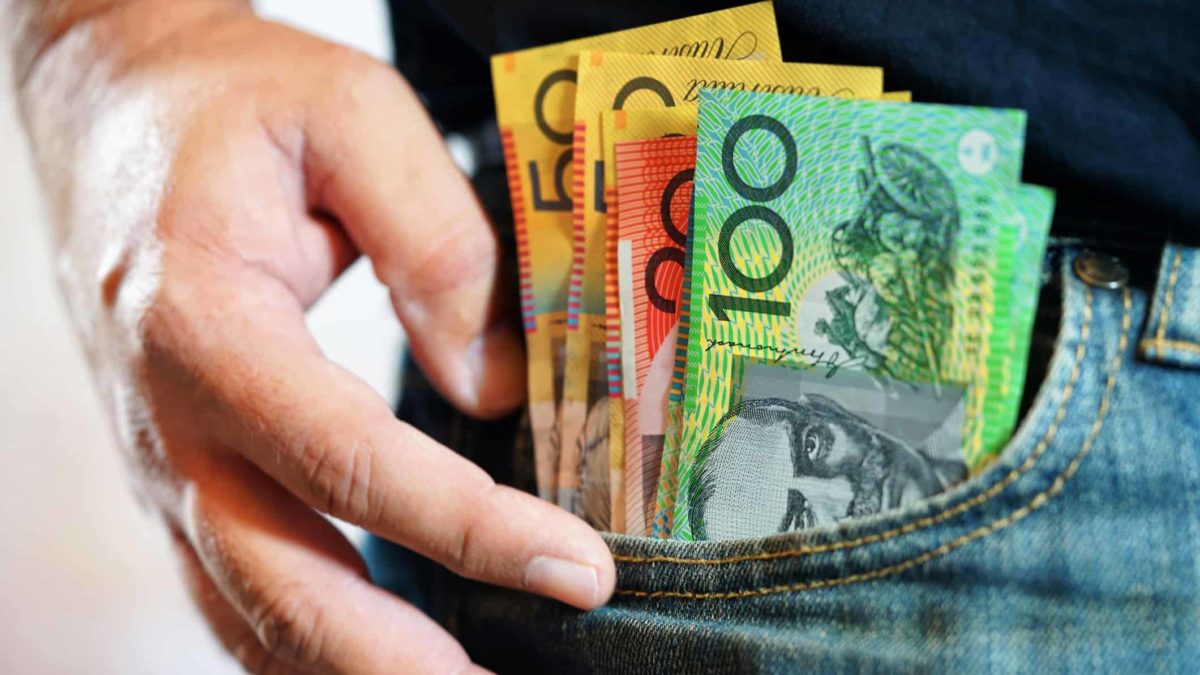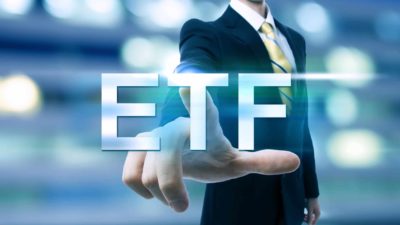The VanEck Morningstar Wide Moat ETF (ASX: MOAT) is a popular exchange-traded fund (ETF) and investment on the ASX.
We have tracked this ETF for a while now, noting that it remains a strong choice for many Australian investors. This is arguably thanks in part to an enviable record of delivering market-beating returns.
A high-flying ASX ETF
To illustrate, the MOAT ETF has returned 17.59% over the 12 months to 30 April. It has also delivered an average of 14.83% per annum over the past five years, as well as 15.62% per annum since its ASX inception in 2015.
This ETF has been able to achieve such stellar results by investing in a concentrated portfolio of US shares that are all selected on their perceived possession of what is known as an economic moat.
A moat is a term first used by legendary investor Warren Buffett. It refers to a company's inbuilt protections against competition. The wider this moat is, the more able a company is to maintain dominance in its field.
This moat could come in the form of a strong brand (Coca-Cola or Apple are classic examples), or else a low-cost advantage that a company possesses at the expense of its competitors (Amazon or Costco).
It could also take the shape of a good or service that consumers simply find too difficult to stop buying or using (Microsoft's Office or Adobe's Photoshop).
Companies with the widest and most durable moats often make for the best long-term investments, as Warren Buffett has proven. Buffett has spoken extensively about the importance of an investment possessing a moat.
We can see this strategy playing out in the current MOAT portfolio. At this ASX ETF's most recent filing, its top holdings included the likes of Google-owner Alphabet, Campbell Soup, Nike, Pfizer, Disney and Buffett's own Berkshire Hathaway.
So we've established that this ETF is a high flyer when it comes to returns. But let's talk about dividends.
What kind of ASX dividend income does the Wide Moat ETF pay?
It's fair to say that US shares are not known for their dividend firepower. Sure, there are many strong income payers on the US markets. But thanks to a number of factors, including the absence of a franking system, it's not too common to find yields of 4% or 5% in the top echelons of the US markets, as it is on the ASX.
An ASX index fund typically offers a 3%-5% starting dividend yield. However, a US index fund will be closer to 1%-2%.
So what about the ASX's MOAT ETF?
Well, an ETF can fund dividend distributions in two ways. The first is passing on any dividend income its underlying holdings payout. The second is distributing the profits from the regular rebalances that most ETFs conduct every quarter in order to reflect their underlying indexes.
The VanEck Wide Moat ETF does a little of both. This means that its annual dividends (yes, investors receive just one dividend distribution every year) can vary rather wildly from year to year.
To illustrate, MOAT units paid out a chunky $8.15 per unit in 2023.
However, in January 2022, investors bagged just 98.11 cents per unit. The year before that, the figure came in at $1.01, whilst in 2020, investors received 88.1 cents per unit.
So today, MOAT units are technically trading on a trailing dividend distribution yield of 6.48%.
But given this ASX ETF's volatile dividend distribution history, I wouldn't be counting on this continuing over 2024.









